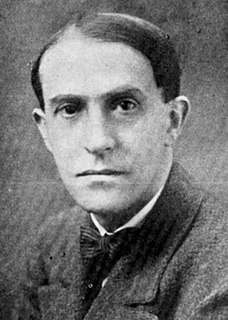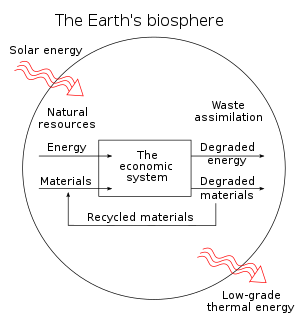A Quote by Max Wertheimer
"Pieces" almost always appear 'as parts' in whole processes. ... To sever a "'part" from the organized whole in which it occurs-whether it itself be a subsidiary whole or an "element"-is a very real process usually involving alterations in that "part". Modifications of a part frequently involve changes elsewhere in the whole itself. Nor is the nature of these alterations arbitrary, for they too are determined by whole-conditions.
Related Quotes
The basic thesis of gestalt theory might be formulated thus: there are contexts in which what is happening in the whole cannot be deduced from the characteristics of the separate pieces, but conversely; what happens to a part of the whole is, in clearcut cases, determined by the laws of the inner structure of its whole.
But if you do know what is taught by plants and weather, you are in on the gossip and can feel truly at home. The sum of a field's forces [become] what we call very loosely the 'spirit of the place.' To know the spirit of a place is to realize that you are a part of a part and that the whole is made or parts, each of which in a whole. You start with the part you are whole in.
This thou must always bear in mind, what is the nature of the whole,
and what is my nature, and how this is related to that, and what
kind of a part it is of what kind of a whole; and that there is no one
who hinders thee from always doing and saying the things which are
according to the nature of which thou art a part.
Going into editing when I got to New York was part of that. I guess I just kind of wanted to know as much as possible. But I have a real love of the whole process, from start to finish. So right now, I fit into the acting part of the process, but I wouldn't rule anything out. I'm enamored with how the whole thing works.
Modern physics has taught us that the nature of any system cannot be discovered by dividing it into its component parts and studying each part by itself... We must keep our attention fixed on the whole and on the interconnection between the parts. The same is true of our intellectual life. It is impossible to make a clear cut between science, religion, and art. The whole is never equal simply to the sum of its various parts.
During shooting, you have the idea, like, of this certain dress on this actress, but it's not to fit, so you have to make all of these alterations and modifications. So in a way, I build the characters with the cast, and it's sort of custom-made, the whole process, and then you have to make all of these adjustments.




































